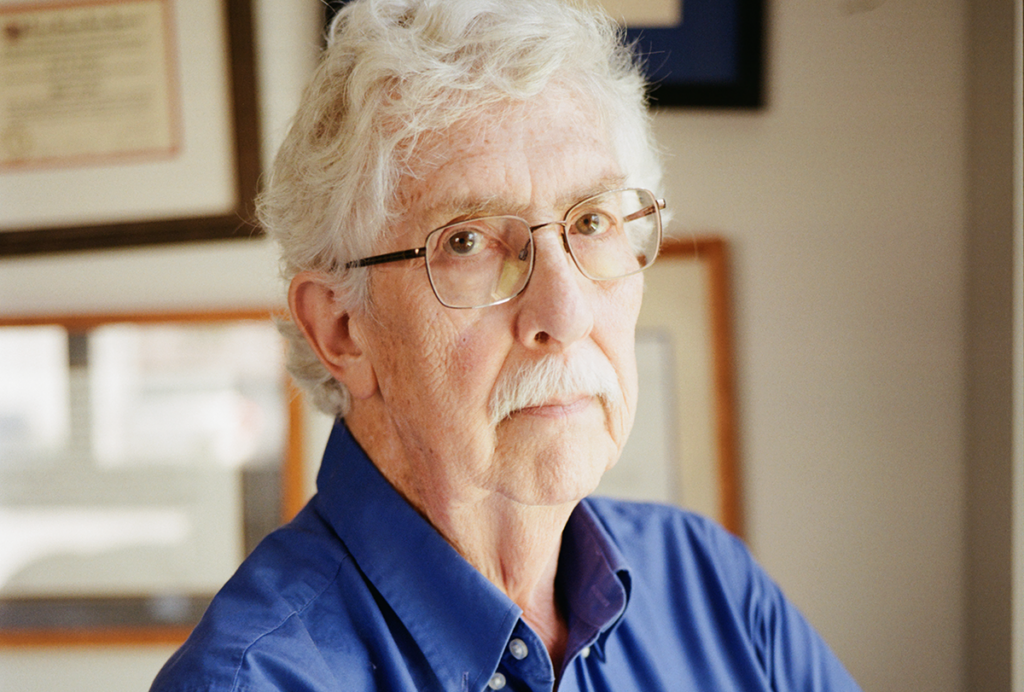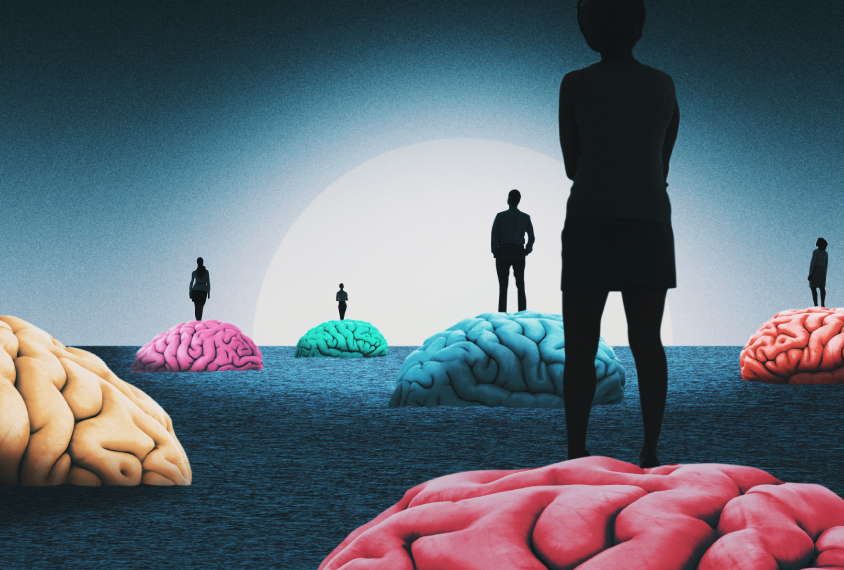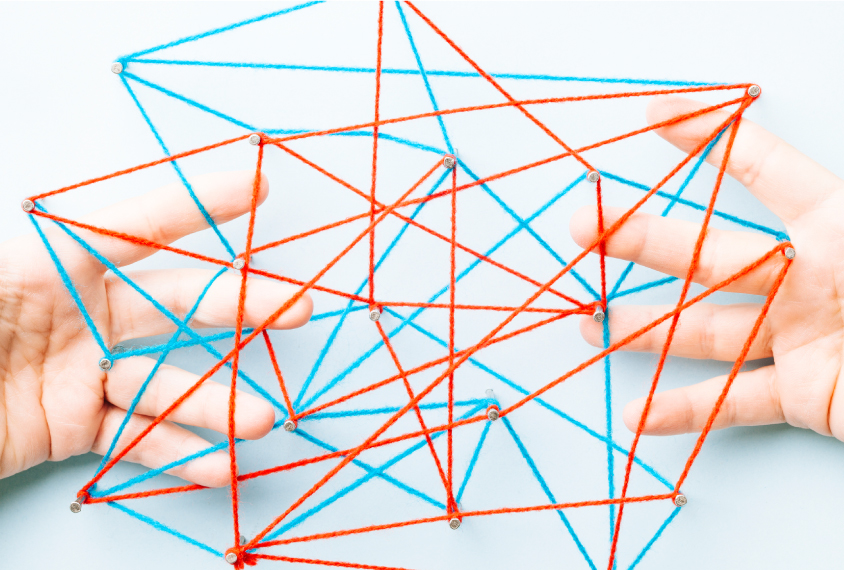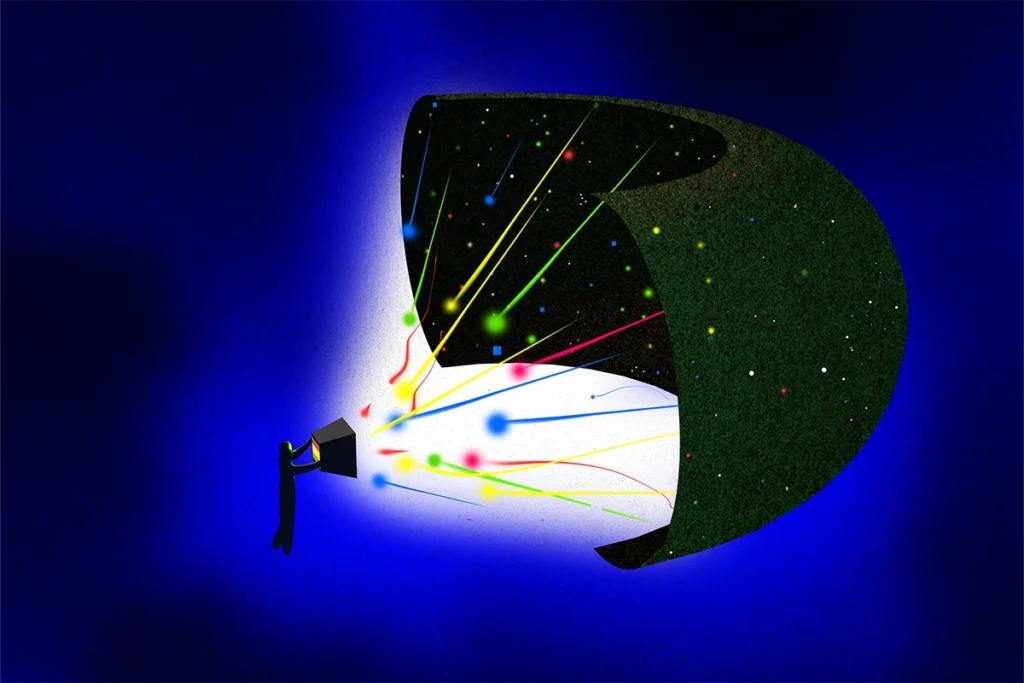Claudia Wallis is an award-winning science writer and magazine editor whose work has appeared in The New York Times, Time, Fortune, The New Republic, Scientific American and Rolling Stone. She was the managing editor of Scientific American and is the author of 40 Time Magazine cover stories, two of which were National Magazine Award finalists. Her writing has won journalism prizes from the American Psychiatric Association, the Susan G. Komen Breast Cancer Foundation, and the National Women’s Political Caucus, among other organizations.

Claudia Wallis
Science writer
From this contributor
How pragmatism and passion drive Fred Volkmar—even after retirement
Whether looking back at his career highlights or forward to his latest projects, the psychiatrist is committed to supporting autistic people at every age.

How pragmatism and passion drive Fred Volkmar—even after retirement
Book Review: ‘Nobody’s Normal’ chronicles the intertwined history of mental illness and stigma
Anthropologist and autism expert Richard Roy Grinker’s latest title reveals how our definitions of mental illnesses and notions of ‘normality’ reek of cultural biases that stop many from seeking help.

Book Review: ‘Nobody’s Normal’ chronicles the intertwined history of mental illness and stigma
Book Review: ‘The Pattern Seekers’ links human invention — past, present and future — to autism traits
Simon Baron-Cohen’s new book is essentially a 272-page argument for his hypothesis that all human innovation stems from the ability to discern and manipulate causal patterns.

Book Review: ‘The Pattern Seekers’ links human invention — past, present and future — to autism traits
How to get children with autism to sleep
Insomnia troubles many children with autism. Luckily, research is awakening parents to some simple bedtime solutions.
Explore more from The Transmitter
Hessameddin Akhlaghpour outlines how RNA may implement universal computation
Could the brain’s computational abilities extend beyond neural networks to molecular mechanisms? Akhlaghpour describes how natural universal computation may have evolved via RNA mechanisms.
Hessameddin Akhlaghpour outlines how RNA may implement universal computation
Could the brain’s computational abilities extend beyond neural networks to molecular mechanisms? Akhlaghpour describes how natural universal computation may have evolved via RNA mechanisms.
Grace Hwang and Joe Monaco discuss the future of NeuroAI
Hwang and Monaco organized a recent workshop to hear from leaders in the field about how best to integrate NeuroAI research into the BRAIN Initiative.
Grace Hwang and Joe Monaco discuss the future of NeuroAI
Hwang and Monaco organized a recent workshop to hear from leaders in the field about how best to integrate NeuroAI research into the BRAIN Initiative.
Imagining the ultimate systems neuroscience paper
A growing body of papers on systems neuroscience and on giant simulations of neural circuits involves data beyond the point that anyone can reasonably understand end to end. Looking ahead, “paper-bots” could solve that problem.

Imagining the ultimate systems neuroscience paper
A growing body of papers on systems neuroscience and on giant simulations of neural circuits involves data beyond the point that anyone can reasonably understand end to end. Looking ahead, “paper-bots” could solve that problem.
